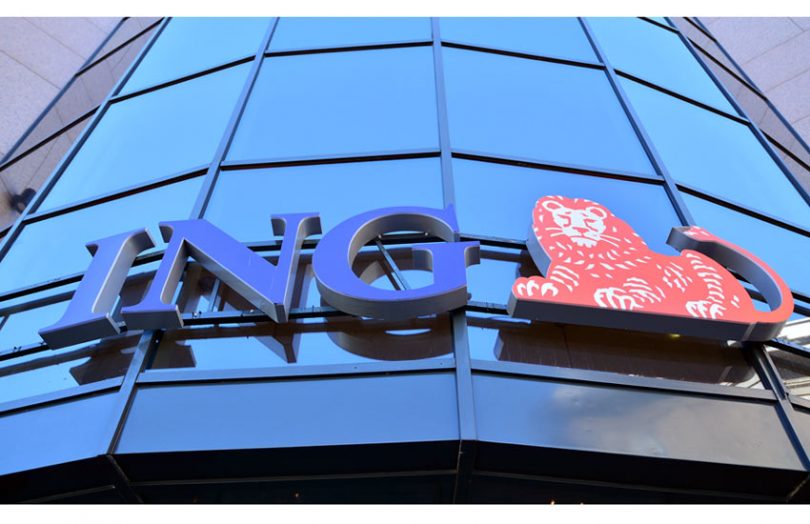During a panel of incumbent financial institutions at Digital Assets Week, the moderator asked whether they see the biggest cryptocurrency exchange Binance as a threat. Hervé Francois, Digital Assets lead at ING, responded, “It reminds me of when we asked a similar question to the CEO of Blockbuster regarding Netflix. At that time, he said they’re not on our radar. And we know the rest.”
He followed up by saying that the bank is keeping an eye on all newcomers. When cooperating with fintechs each party brings different things to the table. The bank has a customer base, regulatory experience, and knowledge of certain kinds of financial assets whereas the fintechs innovate faster.
Cast your vote at the bottom of the page to rank the most innovative institutions.
Olivier Dang from Nomura was even more emphatic about the newcomer threat. He noted that the startups are learning from scaling volumes with cryptocurrencies which positions them well for incumbent sweet spots like security tokens. Plus, it’s not the role of regulators to protect financial institutions. So if startups are more efficient, they should be allowed to operate.
“Institutional clients may want to migrate from traditional finance to some of those new players,” said Dang. “Some of those new players now have the firepower to buy the incumbents in case they need licenses. I think it’s a threat.”
On that note, one of the big exchanges, FTX, has raised $1.4 billion in the last four months and is currently valued at $25 billion after operating for less than three years. It recently used some of its cash to buy a U.S. startup that holds a CFTC digital assets futures license.
Nomura’s Dang believes the response should be to partner with the fintechs, create joint ventures – as Nomura has with digital asset custody startup Komainu – or create its own ventures. As an example of the latter, Nomura initiated BOOSTRY in Japan, focusing on tokenizing bonds.
In contrast to ING and Nomura, Goldman Sachs’ Amar Amlani doesn’t see Binance as a threat. That’s because Goldman’s focus is on moving traditional finance to the new rails, whereas he views the cryptocurrency exchanges as having a significant retail focus.
Cryptocurrency versus security tokens
All the incumbents have their eye on security tokens. As ING’s Francois put it, there’s a belief that security tokens have more potential than cryptocurrencies in terms of market size and opportunity. But today, the business case is around cryptocurrency because that’s the area that currently has scale. Asked when security tokens might take off, his response was 2022/23.
State Street Digital’s Swen Werner has a longer view. “Strategically, we all think this will have a transformational impact,” said Werner. “There’s always a question of timing. Is it five years or ten years? And what are some of the trigger points?” He answered his own question by saying that a central bank digital currency (CBDC) is one of them but expects that to take five years in the U.S. and Europe. Both State Street and ING mentioned blockchain settlement solution Fnality, where they are shareholders.
Goldman’s Amlani stated it’s going to be an exciting 12 months ahead.
On the cryptocurrency front, each institution is at a different stage of engagement. Last year Nomura launched its Komainu digital asset custody joint venture and has $8 billion in assets under custody. Earlier this week, it invested in Crypto Garage.
ING has its soon-to-launch Pyctor, a decentralized crypto custody solution and post-trade market infrastructure. It has major incumbents on board, including ABN AMRO, BNP Paribas Securities Services, Citibank, Invesco, Société Générale – Forge, State Street, UBS and others.
“We can’t wait. We’ve actually seen our clients adding digital investments to their portfolios,” said State Street’s Werner. “Whether we like or not, it’s happening. So we need to be ready to service those needs.”






